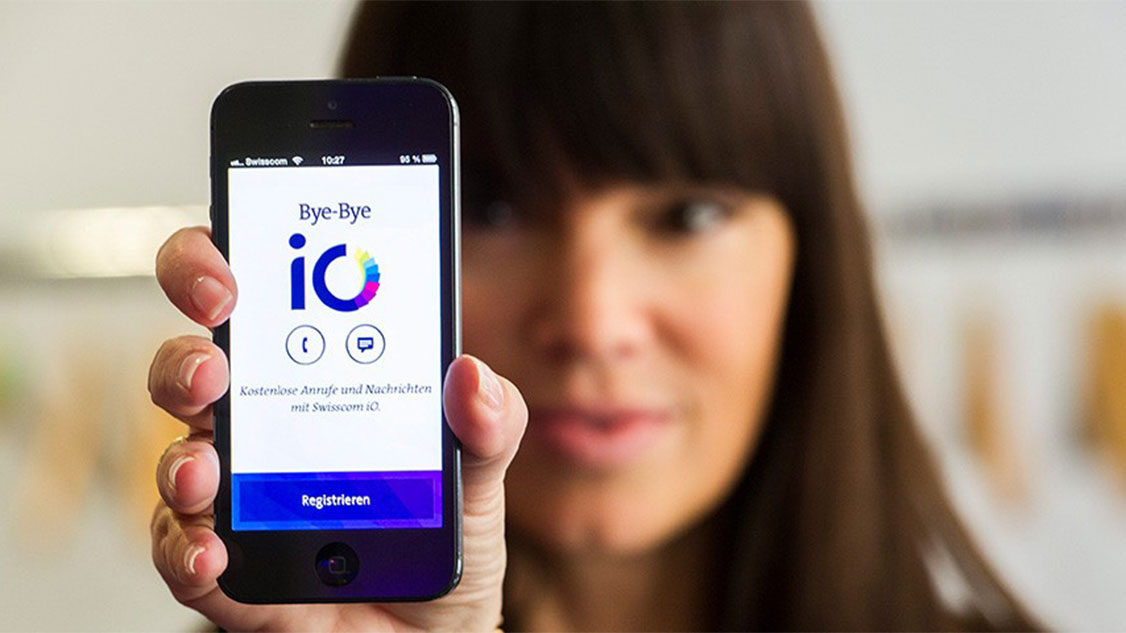Yes, NGTI, the development company behind iO, will remain. We established this competence centre with iO and we can now benefit from it. They can take the technology and their experience straight into new products and a few are in place already. We had the same experience with the payment app Tapit 2 years ago. We used this technology in Paymit initially and then in the new Twint app. Software development is a market that is constantly changing – each development, each experience and each failure leads to new and better ideas. In industrially dominated Europe, this thinking is still strange, but in Silicon Valley, this principle is the perpetual driver of success.


